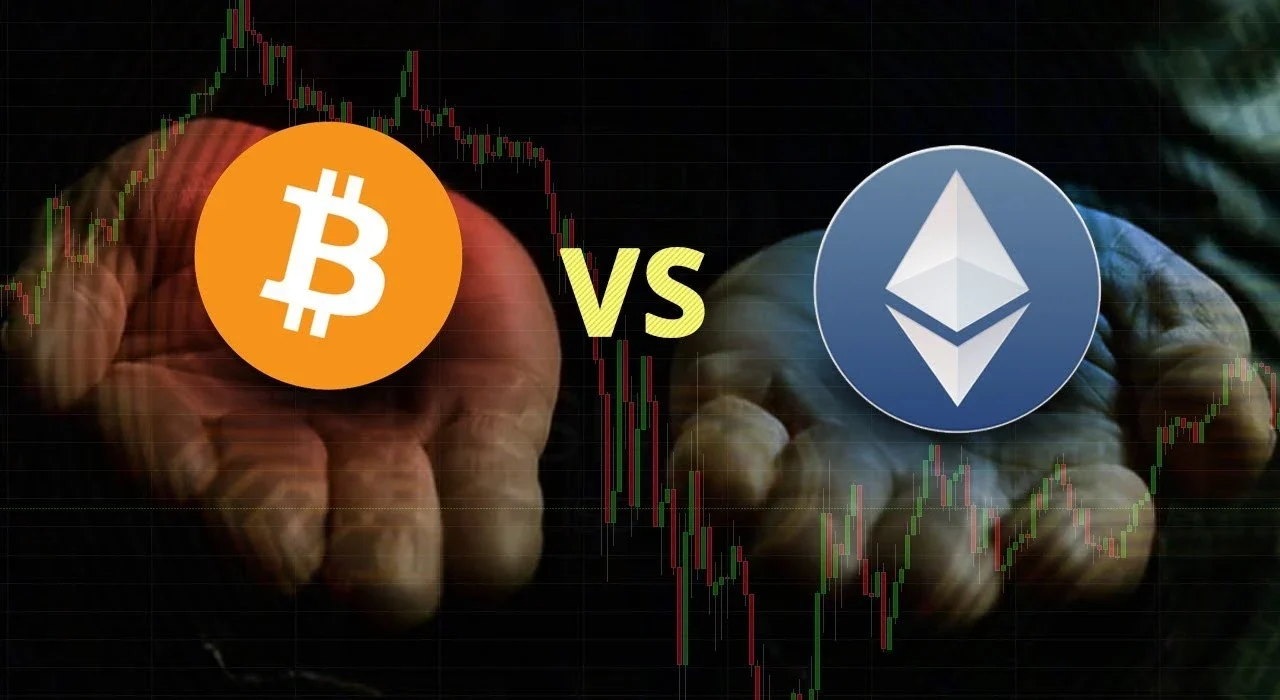Bitcoin vs Ethereum: Best Long-Term Crypto for Australians in 2025

Australia has become a vibrant hub for cryptocurrency adoption due to its favourable regulations and rapid institutional interest. By 2025, more Australians are expected to consider making long-term investments in Bitcoin vs Ethereum Australia 2025, the two most popular digital assets on the market. This study examines which option is most suitable for investors whose requirements are evolving, as well as for Australia’s financial situation.
Bitcoin (BTC) is often referred to as “digital gold” because it is generally regarded as a means to protect against inflation and store value. Bitcoin ETF Impact, has been demonstrated to be a reliable asset class due to its finite supply of 21 million coins and its widespread adoption globally.
For Australian investors, Bitcoin offers key benefits:
-
Capital preservation amid a weakening Australian dollar.
-
Regulatory clarity, with entities like AUSTRAC and ASIC treating BTC as a form of property.
-
Resilience, evidenced by multiple macroeconomic cycles.
Ethereum, on the other hand, allows you to program things and serves as the basis for decentralized apps (dApps) and smart contracts. It introduces staking as a means to generate income and significantly reduces energy consumption by transitioning to Proof-of-Stake (PoS).
Ethereum: A Smart Contract Powerhouse
Ethereum (ETH) is the leading platform for DeFi, NFTs, and decentralised applications, offering unparalleled programmability and ecosystem growth. Key features include:
-
Smart contracts that automate agreements and transactions.
-
Staking rewards enable Australian investors to earn passive income.
-
A constantly evolving ecosystem bolstered by Layer-2 scaling and protocol upgrades in 2025, like Shapella and Ethereum Improvement Proposals (EIPs).
For Australians, Ethereum’s broad utility means exposure to innovation-driven growth rather than just speculative value.
Key Comparison Factors for Australian Investors

Adoption and Ecosystem
Bitcoin has mainstream recognition and institutional backing in Australia’s financial sector, while Ethereum dominates the DeFi and dApp landscape.
Risk and Volatility
Bitcoin is often regarded as a more stable store of value. Ethereum, though still volatile, benefits from utility-driven use, which may lead to less speculative swings over time.
Regulatory Perspective
Both assets are regulated similarly, but Ethereum’s multi-use-case nature potentially subjects it to broader oversight, especially as DeFi and token issuance grow.
Yield Potential
Ethereum staking offers yields typically between 4% and 7%, giving it an edge in the Australian context compared to Bitcoin’s zero-yield storage.
Energy and ESG
Australia is placing an increasing focus on sustainable investing. Ethereum’s Proof-of-Stake (PoS) system is more energy-efficient than Bitcoin’s Proof-of-Work (PoW), aligning with ESG-conscious investment goals.
What Experts Are Saying in Australia
Dennis Jarvis, a former deputy chair of Blockchain Australia, and Simon Peters, who works with eToro Australia, are two crypto specialists who say that a well-balanced portfolio should lean towards Bitcoin vs Ethereum Australia 2025 probable uses. Bitcoin remains a crucial macro hedge, but its price predictions often focus on Ethereum’s utility and staking income as long-term drivers.
Practical Considerations for Australian Investors
-
Tax Implications: Both BTC and ETH are treated as capital gains tax (CGT) assets. Staking ETH may generate assessable income in Australia, requiring additional reporting.
-
Platform Choices: Major Australian exchanges, such as Swyftx, Independent Reserve, and CoinSpot, support BTC and ETH trading and staking.
-
Investment Strategy: Some Australian investors opt for a core-satellite approach, holding Bitcoin as a cornerstone reserve and allocating a tactical slice to Ethereum’s growth and utility.
Final Verdict: Bitcoin or Ethereum?
-
Bitcoin is best positioned for investors prioritising capital preservation, macroeconomic resilience, and a clear digital store of value.
-
Ethereum stands out for Australians aiming to leverage emerging digital finance, earn staking rewards, and participate in the dApp ecosystem.
For many investors, a diversified strategy that combines both assets offers. Bitcoin ETF is the best path forward—holding Bitcoin for stability and utilising Ethereum for innovation and yield.
FAQs
Q1. Is Ethereum staking allowed in Australia?
Ans: Yes. Australians can stake Ethereum through exchanges and wallets, but rewards must be declared as taxable income.
Q2. Which has lower energy consumption, Bitcoin or Ethereum?
Ans: Ethereum’s Proof-of-Stake model uses significantly less energy than Bitcoin’s Proof-of-Work, aligning better with sustainability goals.
Q3. Do Australian tax rules treat Bitcoin and Ethereum differently?
Ans: Both are subject to Capital Gains Tax, though ETH staking rewards are also taxed as income. Always keep accurate records.
Q4. Can I hold both BTC and ETH in self-managed super funds (SMSFs)?
Ans: Yes—if your SMSF meets custody and compliance standards compatible with cryptocurrency holdings in Australia.
Q5. Should I choose only one crypto asset for a long-term strategy?
Ans: A dual-asset strategy enables both stability and innovation, making it a compelling choice for Australian investors.
